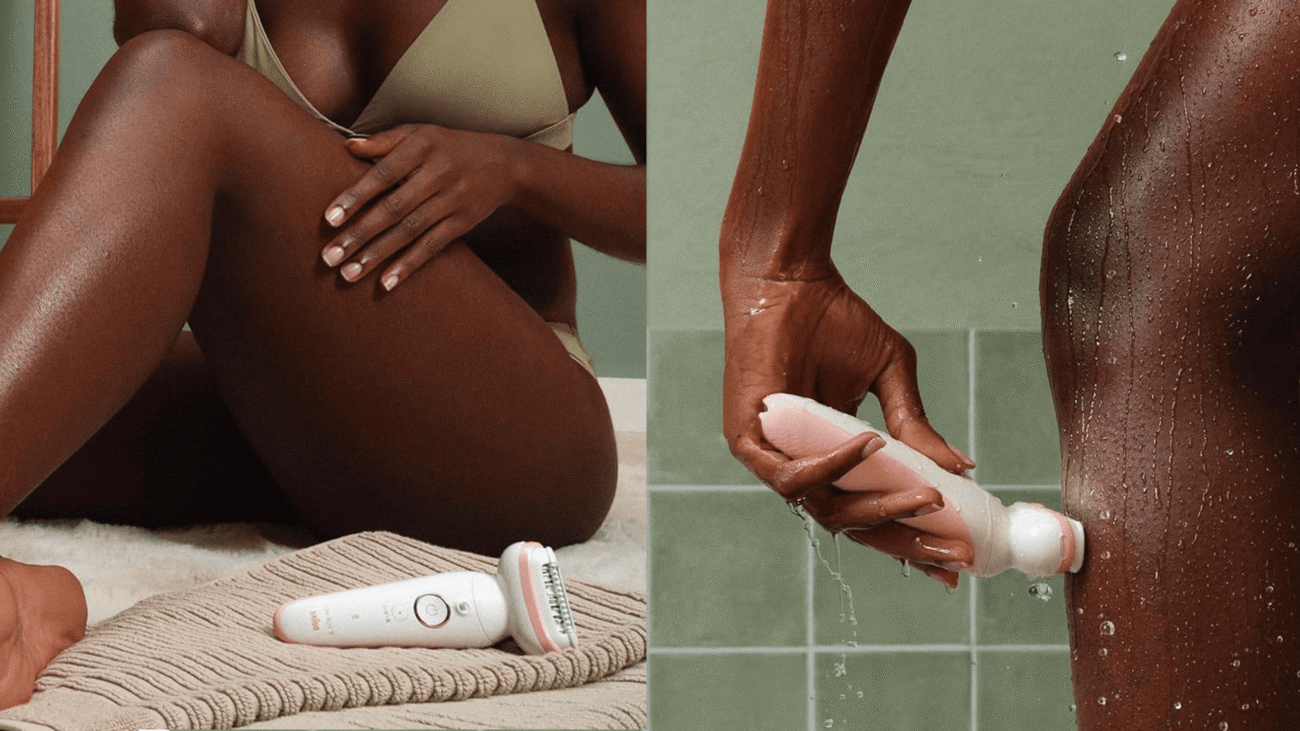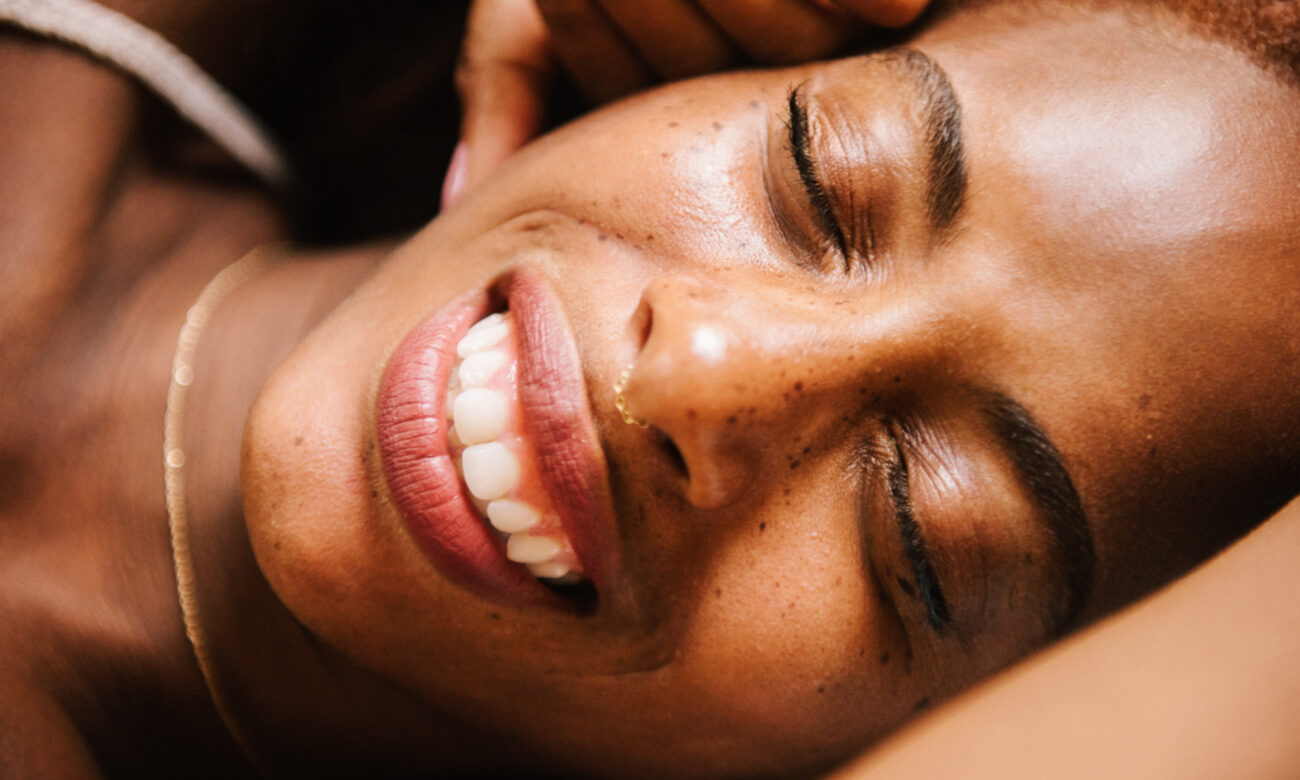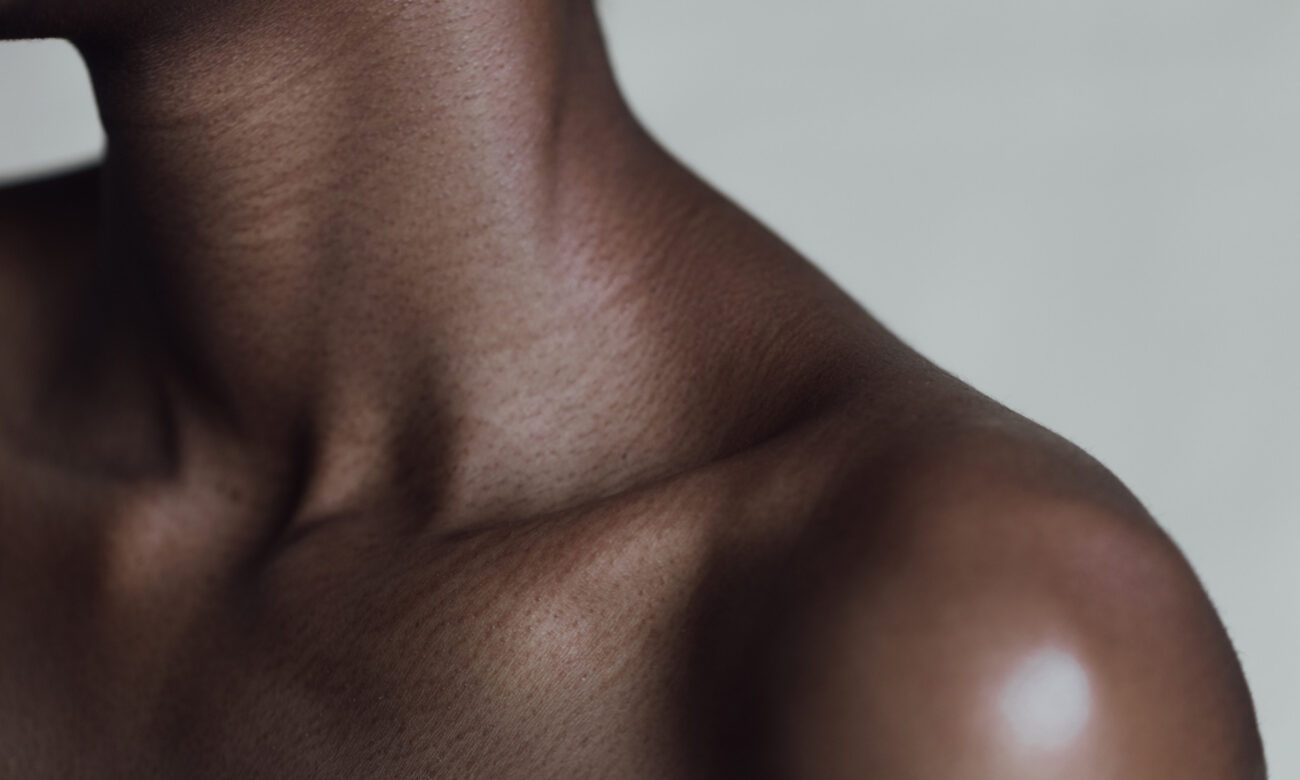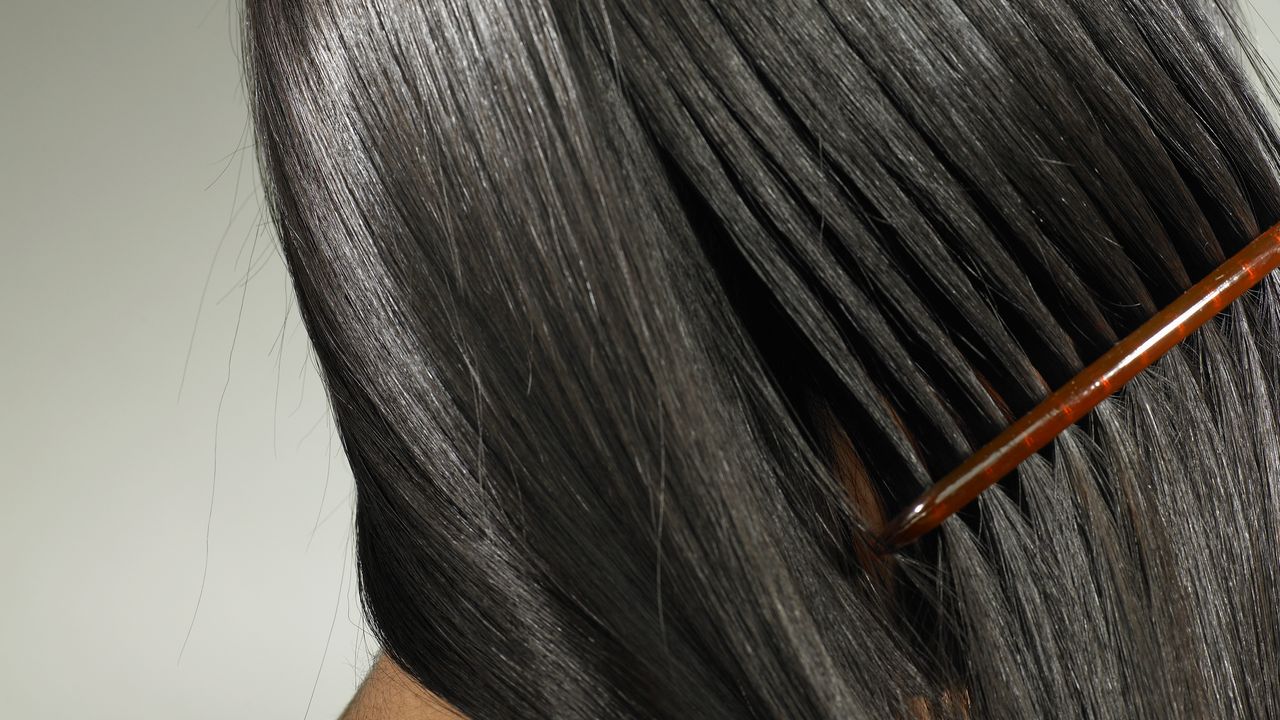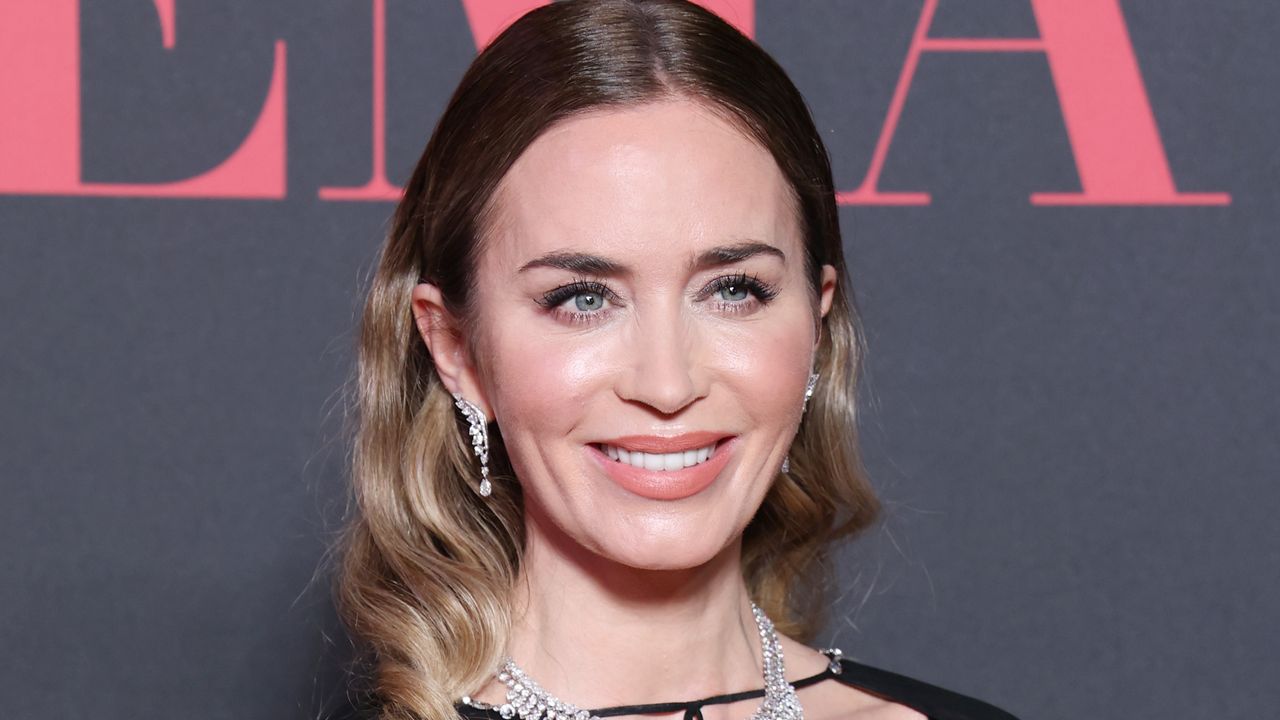Blog
Will Protein Give You Better Hair and Skin?
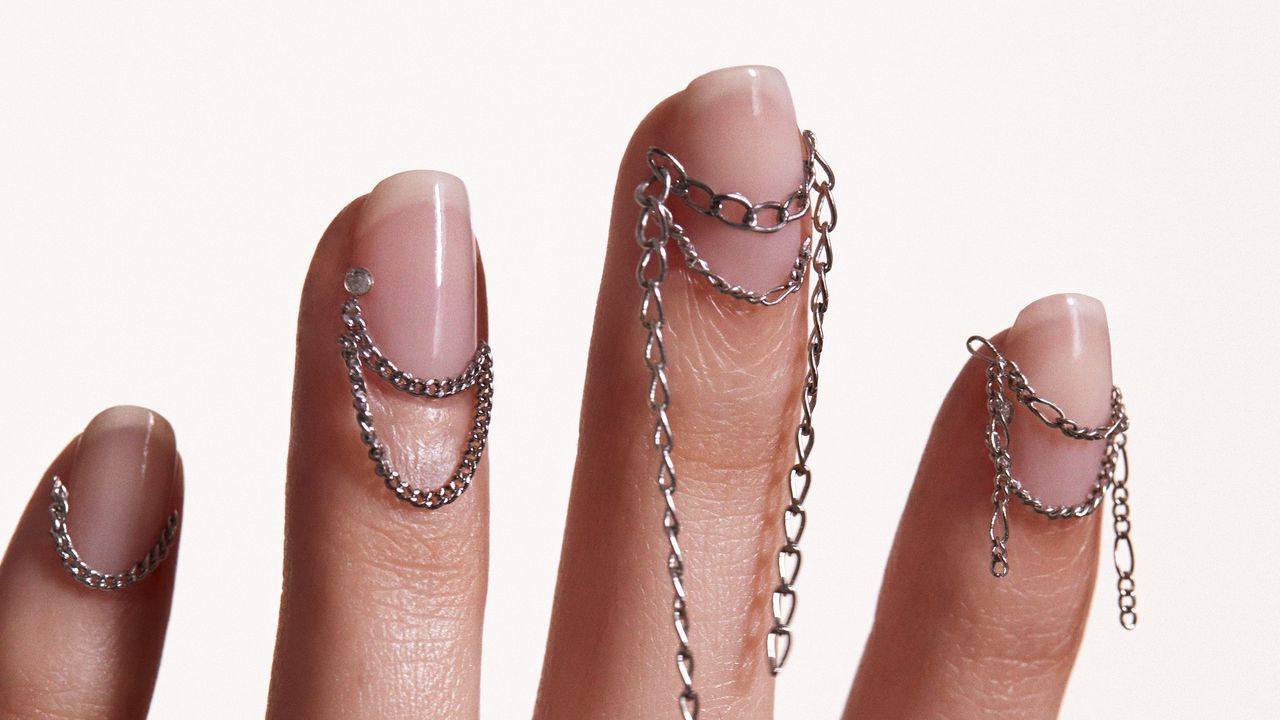
All forms of protein-rich food can help support nail, skin, and hair health by providing amino acids, but there are some that are particularly beneficial for these areas, Manaker explains. For example, she says eggs and fish, rich in biotin, can help support keratin production.
While eating more than the generally-recommended amount of protein may be beneficial for those looking to make muscle gains, it’s not going to do your hair, nails, and skin any special favors.
“The truth is, your body can only use so much, and hair and nail health are influenced by a variety of factors, not just protein,” says Manaker. “Once your body has enough protein to support hair and skin health, there doesn’t appear to be any additional benefit to overconsumption when it comes to hair and nail health,” she adds.
In fact, according to Dr. Gohara, once your body’s protein needs are met, the excess is stored as fat or excreted. “In people with normal kidney function, moderate increases aren’t harmful, but megadosing won’t supercharge your shine,” she says.
Can topical hair and nail-care products repair the damage?
If your nails are breaking because your diet is majorly lacking protein, painting on a nail-strengthening polish can offer short-term benefits, but it won’t actually cure the problem. The same goes for applying a keratin-infused hair-care treatment advertised to strengthen strands, smooth flyaways, and ward off breakage. According to Dr. Palm, these products may improve surface systems (like temporarily strengthening the outer layers of nails and hair), but they don’t address the biological causes (in this case, perhaps nutritional deficiencies) affecting nail and hair health.
Another way to think about it: Topical beauty products formulated with protein (like a keratin-infused hair mask) cannot replenish your body’s protein reserves. That’s because visible hair and nails are composed of dead cells, so they can’t absorb or use protein like living tissues can, says Dr. Rambhia. Yep, you read that right: All the effort we expend on our hair and nails is actually just us dressing up dead cells.
That’s not to say that hair and nail products are a total waste of time if you’re mending damage from a lack of dietary protein and want a quick cosmetic fix while you address the root cause. “Optimal results typically require a combination of external care and internal support through a balanced diet or targeted supplements like biotin, iron, or amino acids,” says Dr. Palm.
When shopping for nail-care products, Dr. Palm recommends looking for products with hydrating ingredients (like glycerin and urea), barrier-protecting ingredients (like ceramides), and strengthening ingredients (like keratin and calcium). “Cuticle oils with vitamin E or jojoba oil can also support nail health by nourishing the matrix,” she says.
As far as hair-care products go, Dr. Palm suggests products with ingredients like silk proteins, peptides, and hydrolyzed keratin to help repair and emollients like argan oil and glycerin to supply moisture and boost shine. “Scalp-supportive actives such as caffeine or rosemary oil may improve circulation and promote a healthier environment for growth,” she adds.
Ultimately, dietary protein really is an important player in the function of your entire body, and your skin, nails, and hair benefit from it making your plate in recommended amounts. Whether or not protein-coated popcorn really needs a place in your pantry? Well, that’s up to you.
Read more about nutrition and beauty:





